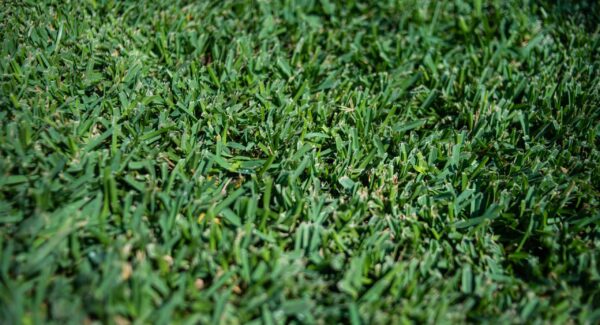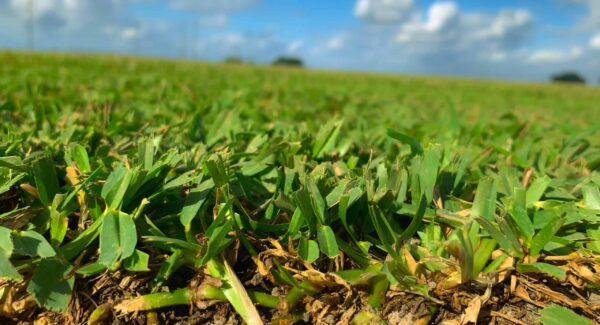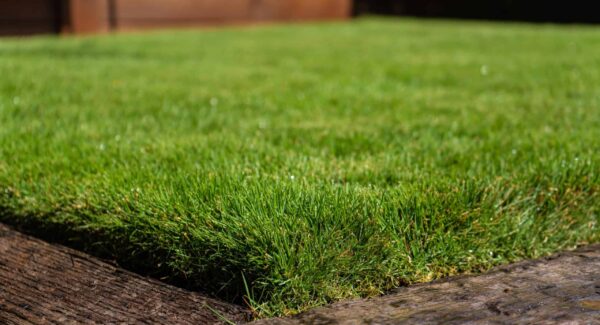Five Ways To Get Rid Of Bermuda Grass
Bermuda grass stands out as a preferred lawn option in warmer areas like Texas due to its affinity for heat. It is tolerant to heat and drought, with impressive resistance.
However, the qualities that make it resilient can pose a challenge when attempting to replace it with another grass. It spreads by underground stems (rhizomes) and aboveground runners (stolons), demonstrating aggressive seeding.
Given its persistent nature, we bring different ways to eliminate the Bermuda grass here.
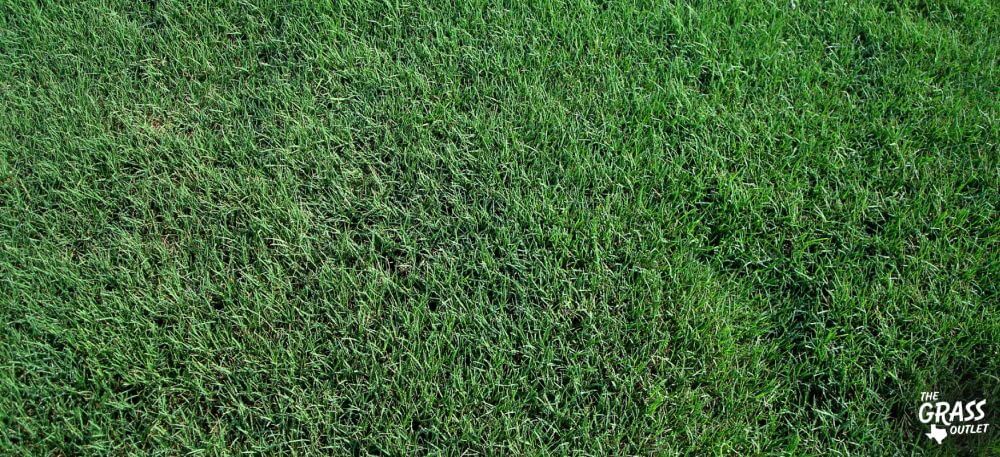
Identification of Bermuda Grass
How do you recognize Bermuda grass?
- First, it has beautiful blue-green to dark green leaves, while flowers emerge from mid-summer to fall.
- Bermuda grass also shows heavy dew early in the morning, much more than other grass varieties.
- This type of grass is characterized by stolons extending over sidewalks or encroaching into other lawns or driveways. The presence of thick rhizomes on the surface further distinguishes Bermuda grass.
- Bermudgrass is not shade-tolerant and will appear thin or disappear under trees and in structural shade while thriving in full sun.
- Weather conditions can also be helpful. For instance, while drought-stressed grass turns brown during the summer, Bermuda grass remains resilient, maintaining its greenish hue.
- In the winter, on the other hand, the grass turns brown.
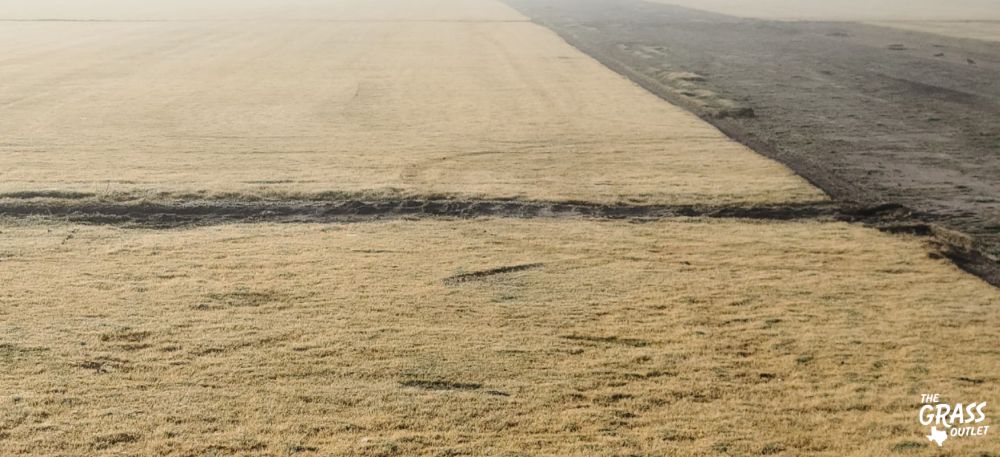
Natural Methods for Managing Bermuda Grass
The Deprivation of Water or Fertilizer
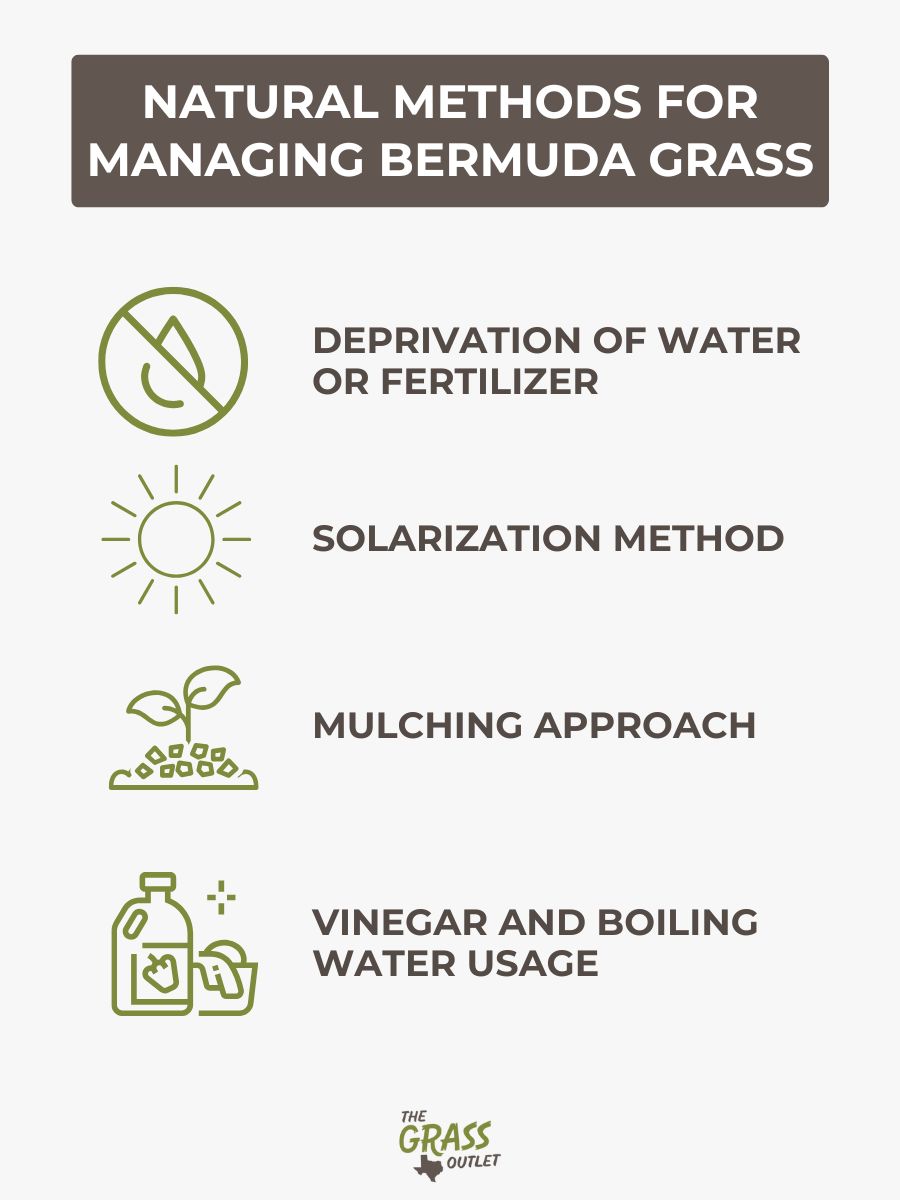
Despite its resistance to drought, Bermuda grass can perish if deprived of water or fertilizer over an extended period. To achieve this, dig into the grass surface to a depth of at least 6 inches and turn over the turf. This method exposes stolons and roots to the sun, expediting the drying process and accelerating the demise of the grass compared to when it remains securely underground. After several weeks, remove all deceased materials and repeat the process for any remaining rhizomes.
The Solarization Method
In areas devoid of other plants, use the solarization method with black plastic. An advantage of this approach is its capacity to eliminate seeds. Optimal results for solarizing the soil are achieved during the summer, leveraging the high temperatures to enhance the effectiveness of the process. Leave the plastic for at least two months to achieve the most effective results.
The Mulching Approach
Sheet mulching is another natural, long-term approach to eliminating Bermuda grass. Like solarization, it severs the grass from sunlight and essential nutrients. To execute this method, cover the Bermuda grass and apply several inches of mulch over the entire area.
The Vinegar And Boiling Water Usage
Using vinegar and boiling water are household methods for eliminating Bermuda grass. A 10 percent vinegar solution effectively kills and eradicates the weeds. However, it’s important to note that this solution is nonselective and will also harm your lawn grass alongside the Bermuda grass. Boiling water penetrates the soil and eliminates the roots of Bermuda grass. Once the grass turns brown and dries, you can dig it up.
Chemical Control of Bermuda Grass
Usage of Herbicides Containing Glyphosate
Effective eradication of Bermuda grass involves using herbicides containing glyphosate, the active ingredient. This approach, widely adopted by home gardeners, farmers, or professional landscapers, proves highly successful. However, caution is paramount, as glyphosate is a nonselective herbicide that eradicates all vegetation, posing a risk to the grass you intend to preserve. On the other hand, selective herbicides target specific weeds and grasses without harming others, offering various options in this category, including organic.
Usage of Grass-Selective Herbicides
For optimal results, use grass-selective herbicides during the spring, adhering to adequate guidelines and continuing applications throughout the season until you eradicate the whole plant. Nonselective herbicides are the most efficient against Bermuda grass during its peak growth stage in the summer. In both cases, soil cultivation post-treatment is crucial to eliminate any remaining rhizomes.
Before applying herbicides to your grass, prioritize proper safety equipment to cover your eyes, nose, mouth, and skin.
Physical Removal Techniques
Mowing and Digging Method
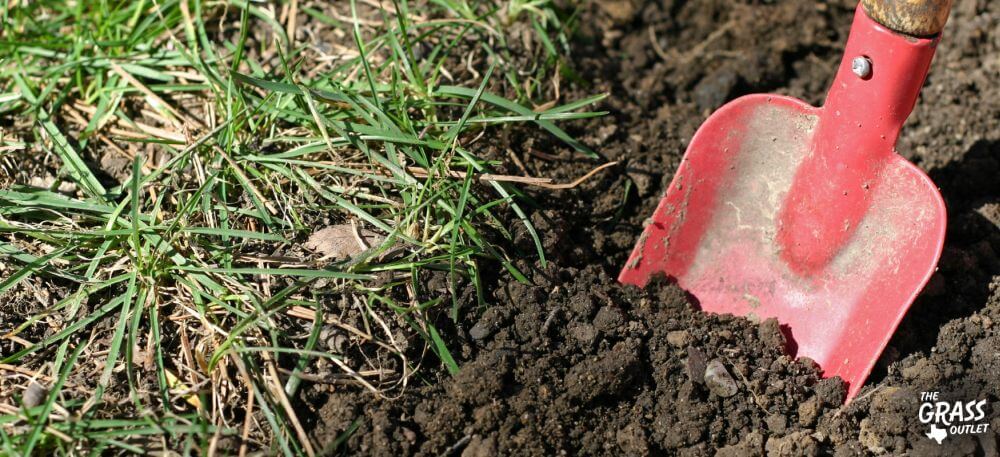
Removing unwanted grass within established lawn often involves the straightforward method of manually removing the plant. Following this approach, it is crucial to extract all rhizomes and stolons thoroughly.
To dig the Bermuda grass out and clean your lawn, start by mowing it to enhance visibility during the task. Use a trowel to excavate Bermuda grass wherever it is present, digging deep enough to eliminate it, even at the root level. Immediately place the extracted plant material in a bag for proper disposal.
Subsequently, resod the exposed areas with the specific type of grass you intend to cultivate in those spots. Keep in mind the challenges of this process due to Bermuda grass rhizomes, which can be present over 6 feet deep. If you leave even one behind, you’ll have to deal with it on another occasion.
Long-Term Management and Prevention
Preventing and keeping your lush lawn healthy and well-maintained are the most effective approaches to Bermuda grass control. This involves maintaining a relatively high mowing height, ranging from 3 to 3 ½ inches, irrigating to a depth of 6 inches once a week, and applying fertilizer at the appropriate time and rate for your specific sod species. Ensuring proper lawn irrigation prevents Bermuda grass from overpowering less drought-tolerant grasses.
Final Thoughts
In most cases, managing Bermuda grass is a hard job due to its establishment through deep rhizomes and surface stolons, all of which must be removed or eradicated for comprehensive control. To achieve this, choose an appropriate method based on your preferences, and be patient. Removing Bermuda grass takes time.
This extended process involves different approaches, including consistent mowing, chemical treatments, discouraging deep root growth through reduced watering, or applying mulch to disable further spreading. If you require a sustained plan for this, you can contact our Grass Outlet team of grass experts for professional assistance and recommendations.
